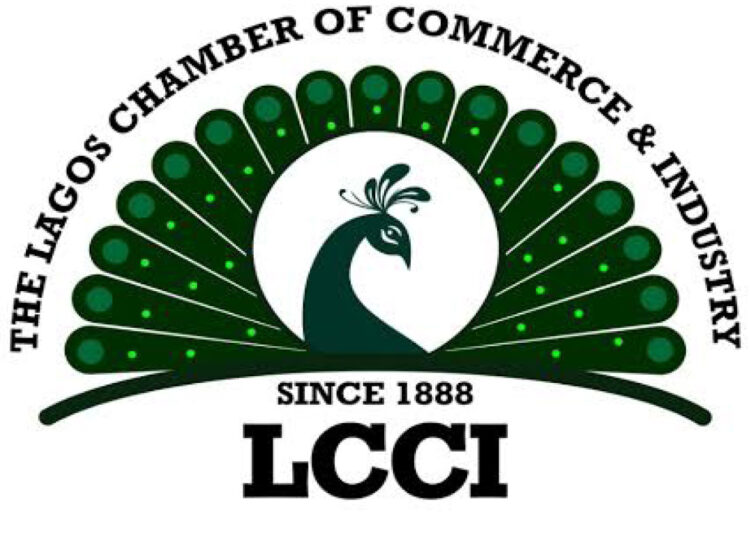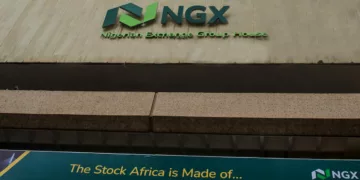The Lagos Chamber of Commerce and Industry (LCCI) has expressed concerns regarding the projections outlined in the April 2025 World Economic Outlook (WEO) and the Global Financial Stability Report (GFSR) from the International Monetary Fund (IMF) and the World Bank during the ongoing 2025 Spring Meetings in Washington, D.C.
The director-general of LCCI, Dr Chinyere Almona emphasised the need for prioritizing a well-managed fiscal policy environment. This would facilitate public debt reduction and create larger buffers to cope with potential increases in defence spending and trade-related shocks to the economy in the short term.
She pointed out that these reports indicate a downward revision of Nigeria’s economic growth forecast to 3.0 per cent in 2025 and 2.7 per cent in 2026, attributed to various global and domestic challenges. These challenges include subdued crude oil prices, which have fallen below the federal budget benchmark of $75, heightened global trade tensions, weakening demand from advanced economies, and volatility in international financial markets.
Almona also voiced alarm over the IMF’s inflation projection, predicting an average rate of 26.5 per cent in 2025, rising to 37.0 per cent by 2026. While recent policy measures, such as unifying exchange rates and stopping deficit financing by the Central Bank, are commendable, she believes they are insufficient on their own.
She remarked, “nevertheless, there is potential for economic growth, which offers hope. If we sustain ongoing reforms in the oil and gas sector to increase crude production, enhance domestic refining capacity, and reduce fuel imports, we could improve oil revenue to support our budget goals.”
Almona urged the federal government to implement the recommended tax reforms, driven by a more effective tax administration system.
She suggested, “we must maintain a strong focus on inflationary pressures, which have not sufficiently decreased even with the updated computations. It is essential to invest more in infrastructure that supports the productive real sector of the economy. Food inflation has remained a significant contributor to the headline inflation rate for nearly two years.”
She further recommended reviewing and reprioritising the 2025 budget assumptions to reflect a lower expectation for oil revenue. This reassessment should prompt necessary adjustments to non-essential recurrent expenditures and non-productive subsidies.
To promote non-oil exports, Almona encouraged the government to provide incentives to empower high-growth sectors such as solid minerals, the creative industry, and the digital economy.
Additionally, she stated, “we can enhance agricultural production and agro-processing through targeted investments in local fertilizer production, heavily subsidized extension services, tech-driven irrigation, and infrastructure for value chains.”
To drive inclusive economic growth, Almona highlighted the need to improve access to microfinance, stabilise power supply, and foster regulatory reforms that support micro, small, and medium enterprises (MSMEs) and local manufacturing as a means of creating jobs, generating revenue, and promoting economic growth.











